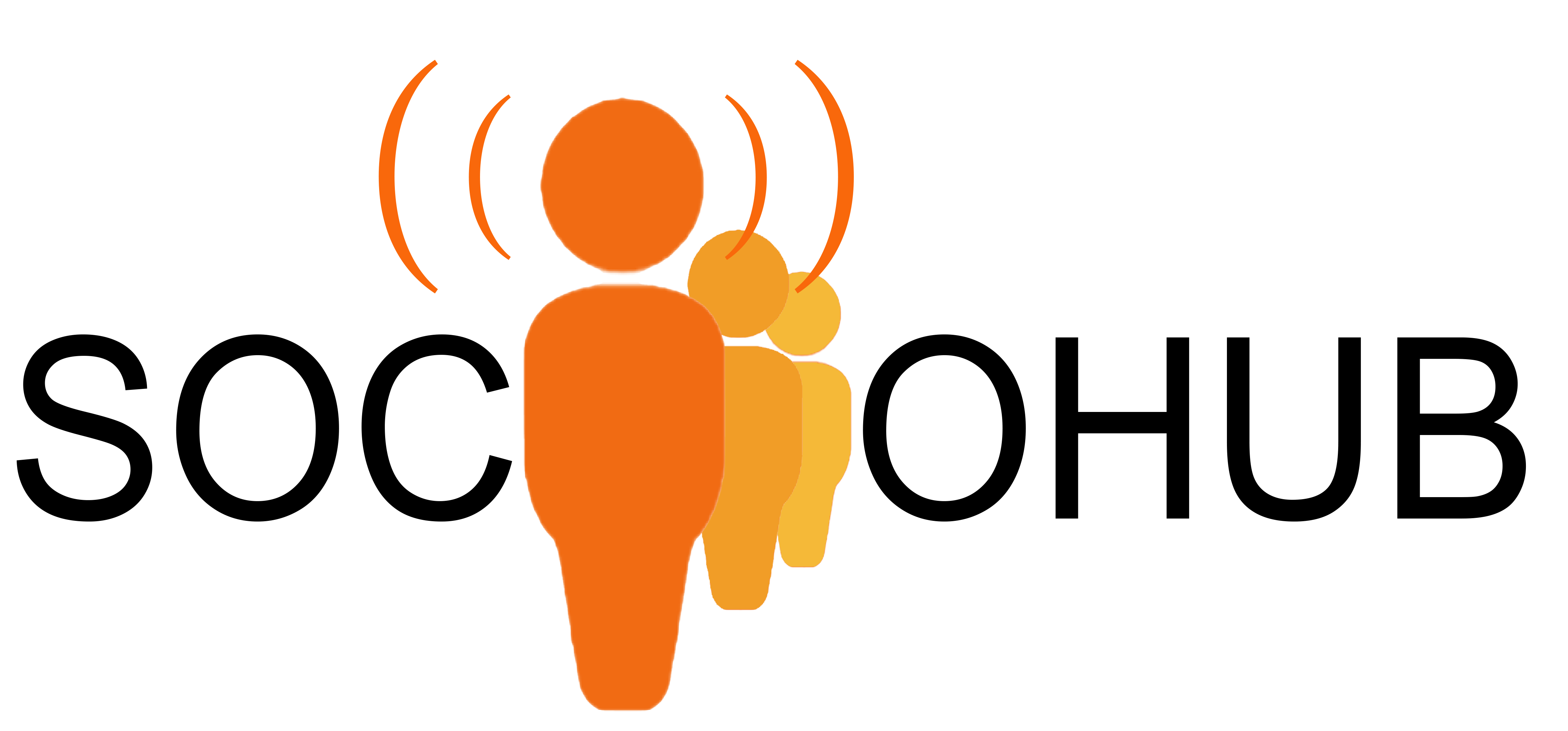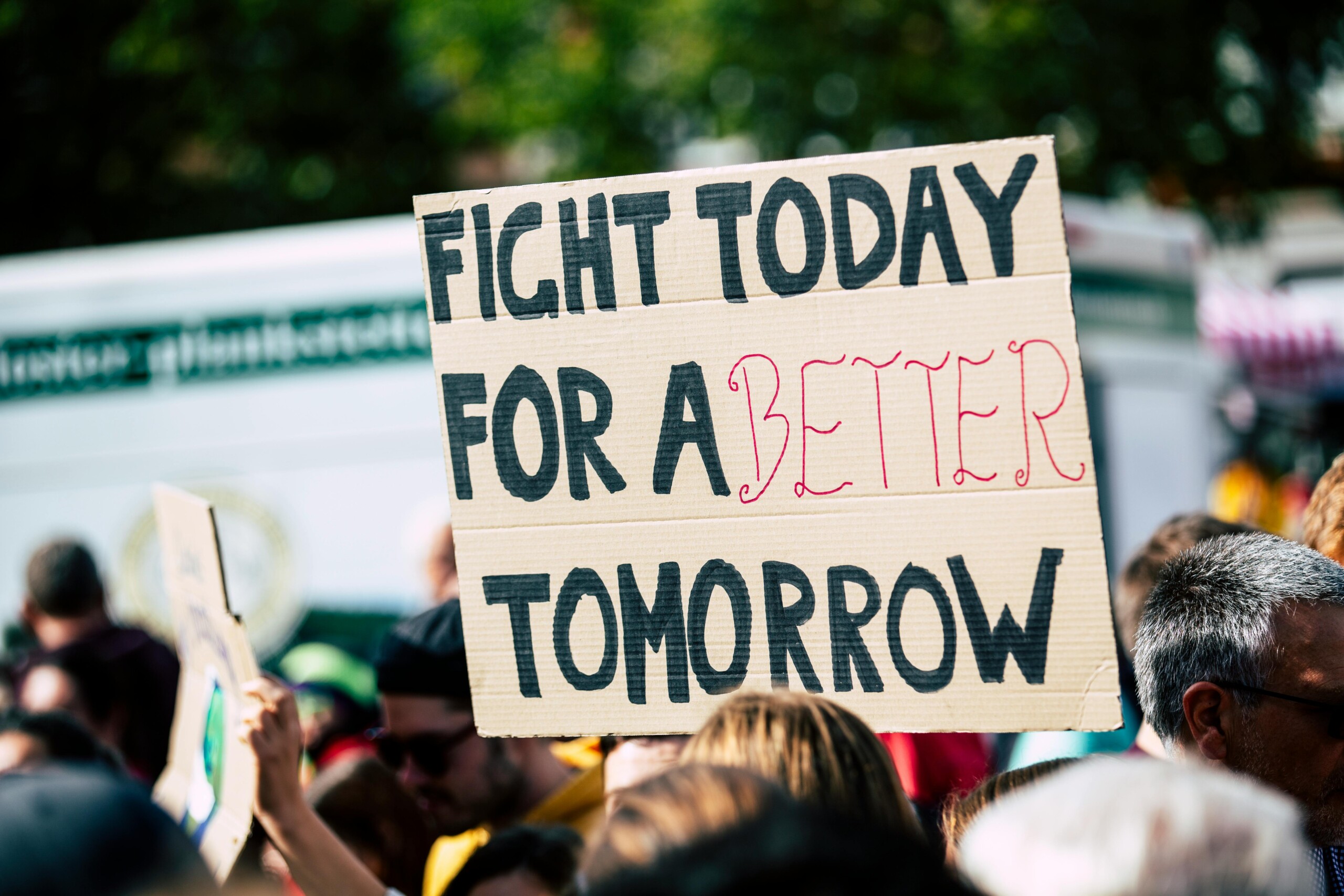Ever since the time of the ancient Greeks, human beings are said to be destined to take care of themselves. Back then, taking care of oneself was regarded both a privilege and a duty. A privilege because taking care of ourselves is what distinguishes us from animals, and a duty because we would not survive if we would not take care of ourselves [1, 2]. After decades of silence around the concept, the term self-care became popular again in the seventies and eighties through the reappropriation of the concept by people of colour and queer communities.
However, this time it was a motion of defiance to challenge the oppressive culture they found themselves in. Thus, self-care was reappropriated in a way to say: we (too) are worthy of care [3]. Nevertheless, the political movement has been removed from its political roots by the contemporary neoliberal discourse. This discourse particularly focuses on individual choice, empowerment, freedom, self-esteem, and personal responsibility.
Self-care is a contemporary example of how individuals are activated to take a role in improving their own health and wellbeing.
While it originated in the economic sphere, the same rationale is now applied in other spheres of society, including health care [4]. By focusing on the individual duty to take care of oneself, the contemporary self-care discourse incorporates the ancient ethos as described before.
At this moment, self-care discourses are mainly represented by straight, and wealthy, white women. Besides, in industrialized societies capitalism profits from this obsession with self-care as it sells products with more expensive price-tags branded as “self-care” which in fact have nothing to do with taking care of oneself after all [5]. Nowadays self-care is presented as the ultimate panacea. However, what limitations to the healing functions of self-care should we not forget to acknowledge?
The digitized healthy citizen
Since media and technology have come to play a large role in our daily lives and health costs were pressing, the concept of the “digitized healthy citizen” has been established. Among other things, those particular citizens use the Internet to seek support, or look for health information online. Lay people and health care professionals are both able to seek information from an ever-growing array of news sites, websites, social media platforms and blogs, and engage more actively in creating, sharing, tagging and applying content [6]. Terms as “patient engagement”, “patient empowerment” or “participatory biocitizen” are not uncommon in literature that discusses these new developments in health care. Hereby, individuals are regarded to be consumers, rather than patients or clients.
Self-care is a contemporary example of how individuals are activated to take a role in improving their own health and wellbeing. Searching for #selfcare on the social platform Instagram redirects Instagram users to around 35 million posts, and this number is growing daily. These posts guide the audience in finding ways to take care of themselves.
As the commercial industry is also highly active on social media, self-care is considered to have been hijacked. Hashtags of self-care have therefore been accompanied by #spon. Next to this, a tremendous number of books about self-care have been published, and affirmation cards, pamper kits, self-care workshops, paid meditation apps, and podcasts about self-care are promoted, making this a billion-dollar industry.
This commercialization of self-care aligns perfectly with the idea of individuals as consumers, rather than patients or clients.
To self-care – a cautionary tale
With this broad array of products and services promoted as self-care, what exactly is it that constitutes a practice of self-care? Often said, self-care is as simple or as complex as you decide it to be. It can be about getting enough sleep, drinking enough water, getting facials, eating fermented foods, practicing yoga, or using meditation apps. These seem rather innocent practices to make one feel better. Yet, one can wonder about the actual healing power of these practices in case someone is suffering from health issues.
A game designed by Jace Harr called “You Feel Like Shit: An Interactive Self-Care Guide” is presented as a means to heal the soul. The game helps individuals to read internal signals and offers suggestions on how to improve one’s physical and emotional state. Questions are asked, such as “Do you feel triggered” or “Are you feeling dissociated, depersonalized, or derealized?”. These questions are particularly aimed at the evaluation of one’s physical and emotional state, and by providing a mental checklist of things to do when feeling ‘off ‘ one can eventually feel better [7].
However, do we then no longer need help from health care professionals? Or care from our fellow human beings? Can we indeed resolve our health issues all by ourselves?
What we need to be aware of is how the neoliberal discourse wipes away the awareness of structural inequalities and societal contributions to health problems. In the name of individual responsibility, these are increasingly viewed as personal problems, that can be resolved through individual work. People are expected to make better or healthier choices and to take control, or keep on the right path. These discourses seem to emphasize that all people have equal opportunities in making choices and informed decisions regarding their health, and should ideally take full advantage of these opportunities [6].
Nevertheless, these particular choices or informed decisions – though not represented as such – are not equally distributed across societies. Next to this, the risk of promoting individual self-care practices as a solution to health issues is that individuals will become isolated in their struggle to solve their mental health problems. Individuals who struggle with their health might start believing that their lack of progress in wellbeing is their own fault.
The problem in the linguistic structure of self-care lies with the concept of the “self”. It removes the connection between ourselves, our health, fellow human beings, and societal structures. What about communal care in personal and societal realms? Examples include the act of being a good neighbour or friend, supporting others, or advocating for universal health care and equal access to health care services [8]. Self-care cannot be bought or practiced by everyone due to structural inequalities that one cannot resolve by oneself, and not everybody will be naturally capable to take care of themselves.
We should not forget that professional health care and care by others are an occasional necessity, even in neoliberal contexts.
Referenties
[1] Foucault, M. (1990). The history of sexuality: An introduction. Vintage.
[2] Foucault, M. (1995). Breekbare Vrijheid: de politieke ethiek van de zorg voor zichzelf (trans: Van den Boorn, R., Thomassen, P., Vincenot, A.). De Balie, Amsterdam.
[3] Kisner, J. (March 14, 2017). The politics of conspicuous displays of self-care. The New Yorker. Retrieved from: https://www.newyorker.com/culture/culture-desk/the-politics-of- selfcare
[4] Brown, W. (2006). An American nightmare neoliberalism, neoconservatism and de- democratization. Political Theory, 34(6), 690-714.
[5] Meltzer, M. (December 20, 2016). Soak, Steam, Spritz: It’s all self-care. The New York Times. Retrieved from: https://www.nytimes.com/2016/12/10/fashion/post-election-anxiety-self- care.html?_r=0
[6] Lupton, D. (2018). Digital health: critical and cross-disciplinary perspectives. Routledge.
[7] Beck, J. (October 2, 2015). The internet wants to help you take care of yourself. The Atlantic. Retrieved from: https://www.theatlantic.com/health/archive/2015/10/internet-self- care/408580/
[8] Delaney, B. (January 30, 2020). We need to move on from self-care to something that cannot be captured by capitalism. The Guardian. Retrieved from: https://www.theguardian.com/commentisfree/2020/jan/31/we-need-to-move-on-from-self- care-to-something-that-cannot-be-captured-by-capitalism







